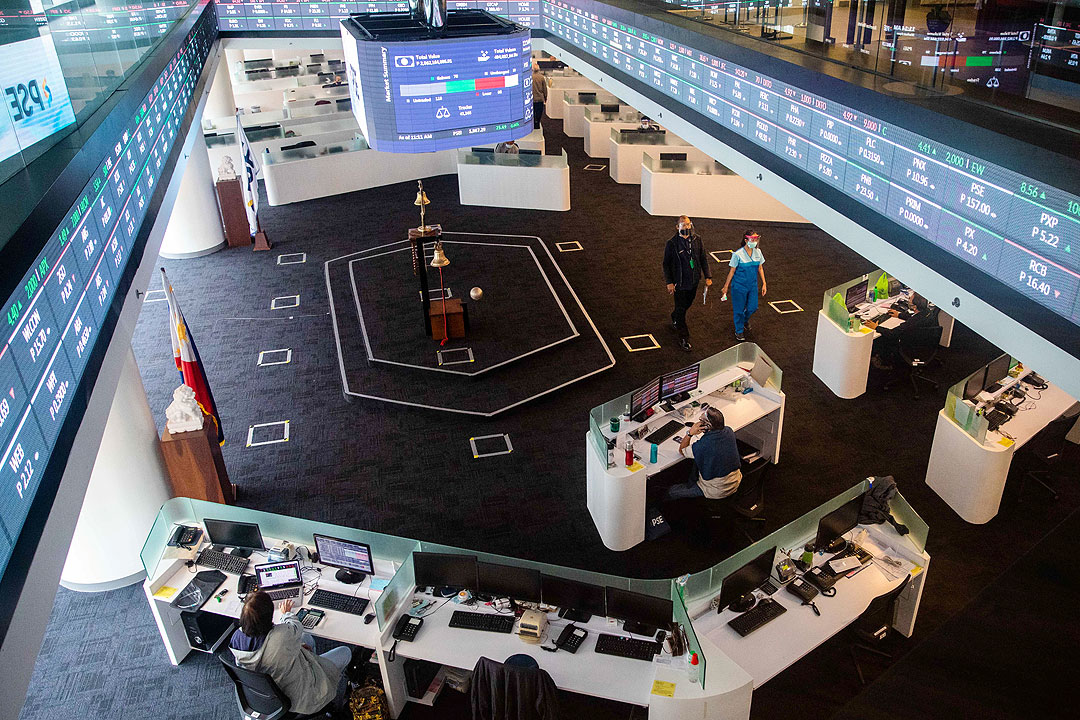Philippine stock rally losing steam on inflation worries

After a robust start to the year, the Philippine stock market is losing steam, as investors worry rising inflationary pressures and higher interest rates will crimp profit growth and cap stock prices.
The Philippine stock index has been one of the beneficiaries of China dismantling its zero-COVID curbs in late 2022, with the index up 20% in the past four months on optimism around the reopening of the world’s second-biggest economy.
Also helping lift sentiment has been investors betting that the U.S. Federal Reserve is reaching the end of its monetary tightening policy. The index, which fell about 8% overall in 2022, just had its best January performance in four years.
But worries over sticky inflation, which is at a 14-year high, have driven the stock market down in the past couple of weeks.
Prashant Bhayani, chief investment officer at BNP Paribas Wealth Management, said profit-taking had followed the rally in Philippine stocks.
Share prices were not pricing in the risk of the United States and Europe suffering a deeper recession than expected, he said, noting his firm was neutral on Philippine equities.
The consumer price index (CPI) in January was 8.7% higher than a year earlier, topping the 8.1% annual inflation rate seen in December, which central bank had expected to be the peak. The data increases the chance that the Philippine central bank will lift interest rates again when it meets on Feb. 16, having raised rates by 350 basis points last year.
Estella Villamiel, head of the Institutional Research Department at First Metro Securities in Manila, said that in her base the Philippine stock index would trade at 6,700 by the end of 2023, about 3% below the current level.
“We prefer to lighten positions on Philippine equities toward the second half, as the market discounts the lagged impact of policy tightening on the economy and earnings.”
DBS Bank expects the aggressive monetary tightening cycle and resulting pick-up in borrowing costs to hurt corporate net profit margins and delay the private sector’s capital expenditure plans.
Philippine companies’ net profits are expected to grow just 10% this year, much less than their estimated growth of 21% in 2022, according to Refinitiv data. Across Asia, company profits are expected to grow 13.1% in 2023.
Furthermore, China’s reopening has had a negative as well as positive impact on the Philippine market. It has drawn money into Chinese equities and away from Southeast Asia, say HSBC equity strategy analysts.
In January, foreigners bought $9.5 billion worth of Chinese equities via Stock Connect, a key cross-border link between the mainland and Hong Kong exchanges. They bought only a net $122 million of shares in the Philippines and $178 million in Vietnam while selling $203 million worth in Indonesia. — Reuters
